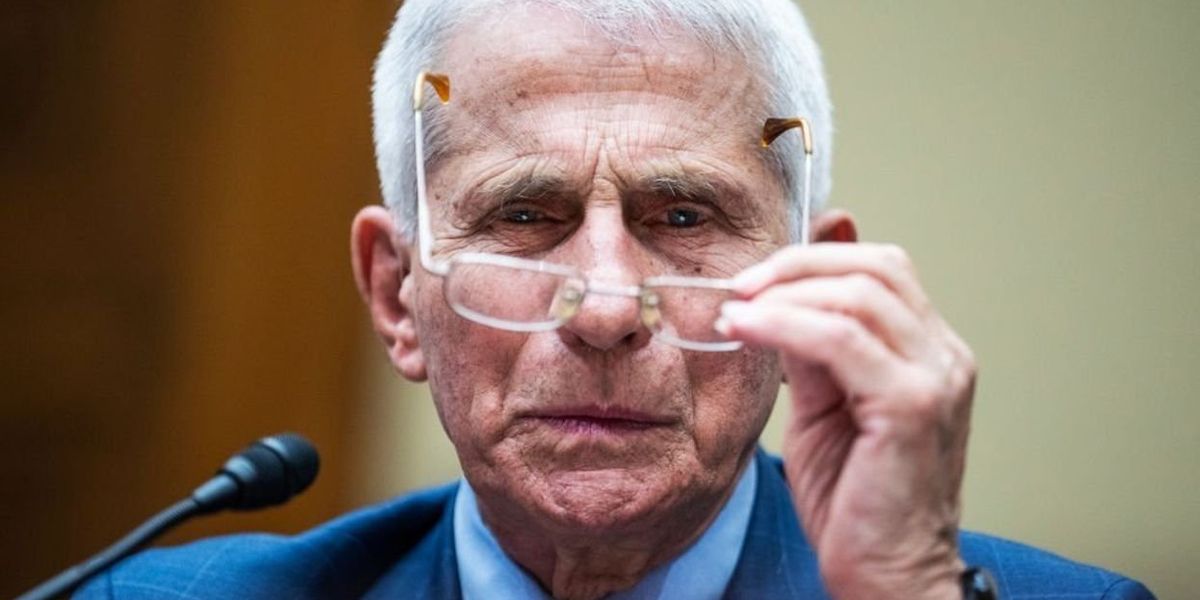This article was originally published by Willow Tohi at Natural News.
A senior USAID contracting officer stands accused of defrauding the federal government by creating a fake company to obtain pandemic relief funds, raising fresh concerns about accountability in federal aid programs. Yusuf Akoll, a senior procurement contract specialist at the U.S. Agency for International Development (USAID), allegedly fabricated a business to secure $16,666 in Paycheck Protection Program (PPP) loans—funds meant to help struggling employers during the COVID-19 pandemic.
The case, first reported by the Daily Wire, highlights broader issues of fraud and lax oversight in federal relief programs, with critics arguing that similar abuses may extend to other agencies, including USAID’s foreign aid operations. The charges against Akoll follow a pattern of fraudulent activity uncovered in pandemic relief programs, where billions of dollars were lost to scams due to minimal vetting and a “pay and chase” approach by the government.
According to court documents, Akoll registered a Virginia-based shell company, Naagode Consulting LLC, in November 2020 — months after the PPP’s eligibility cutoff date of February 15, 2020. Despite this, he falsely claimed the business had been operational since January 2020 and reported $40,000 in 2019 income to qualify for the loans. Investigators found no evidence of legitimate business activity, suggesting the company existed solely to siphon taxpayer funds.
Journalist Luke Rosiak, who broke the story, noted glaring red flags in Akoll’s application. “PPP loans were paid out to Yusuf Akoll despite massive red flags, including the fact that he was a full-time USAID employee and the company he claimed the bailout for wouldn’t match up with state corporate records or federal tax records,” Rosiak wrote.
The case underscores systemic vulnerabilities in government aid distribution, particularly in programs rushed out during emergencies. Mike Benz, a national security and transparency advocate, linked the incident to wider concerns about federal contracting abuses. “Not content to create fake companies to steer money to friendly political insiders & CIA shell companies, turns out folks at USAID were also creating fake companies to send money to themselves,” Benz posted.
The Biden administration’s decision in 2023 to halt collections on fraudulent loans under $100,000 — citing “equity” concerns — has drawn sharp criticism. The Small Business Administration’s inspector general warned that failing to pursue fraudsters would embolden future abuses. Meanwhile, Congress nearly allowed the Special Inspector General for Pandemic Recovery (SIGPR) to expire in March 2025, which would have ended investigations into hundreds of millions in suspected fraud.
Sen. Joni Ernst (R-IA), a leading advocate for oversight, fought to preserve SIGPR, stating, “I will not allow fraudsters to get away with stealing hundreds of billions of dollars from taxpayers.”
The Akoll case is not isolated. Another recent prosecution involved Jeanty Cherilus, a Florida businessman sentenced to 18 months for fraudulently obtaining $370,000 in COVID relief loans. Acting Assistant Inspector General Sean Bottary emphasized USAID’s commitment to accountability, stating, “USAID OIG will continue its aggressive pursuit of bad actors that exploit federal assistance programs.”
As investigations continue, the question remains: How many more cases of fraud lie undiscovered in federal aid programs? With billions already lost, the need for stricter oversight and enforcement has never been clearer.
The case against Yusuf Akoll is more than an isolated incident — it’s a symptom of a system that prioritized speed over security in distributing taxpayer funds. While the government has recovered some fraudulent payments, experts estimate that over $1 trillion in COVID relief may have been stolen, much of it funneled overseas.
For taxpayers, the lesson is clear: Without robust safeguards, well-intentioned aid programs become easy targets for exploitation. As federal agencies grapple with these failures, the demand for accountability — both within USAID and across all relief programs — will only grow louder.
Read the full article here











